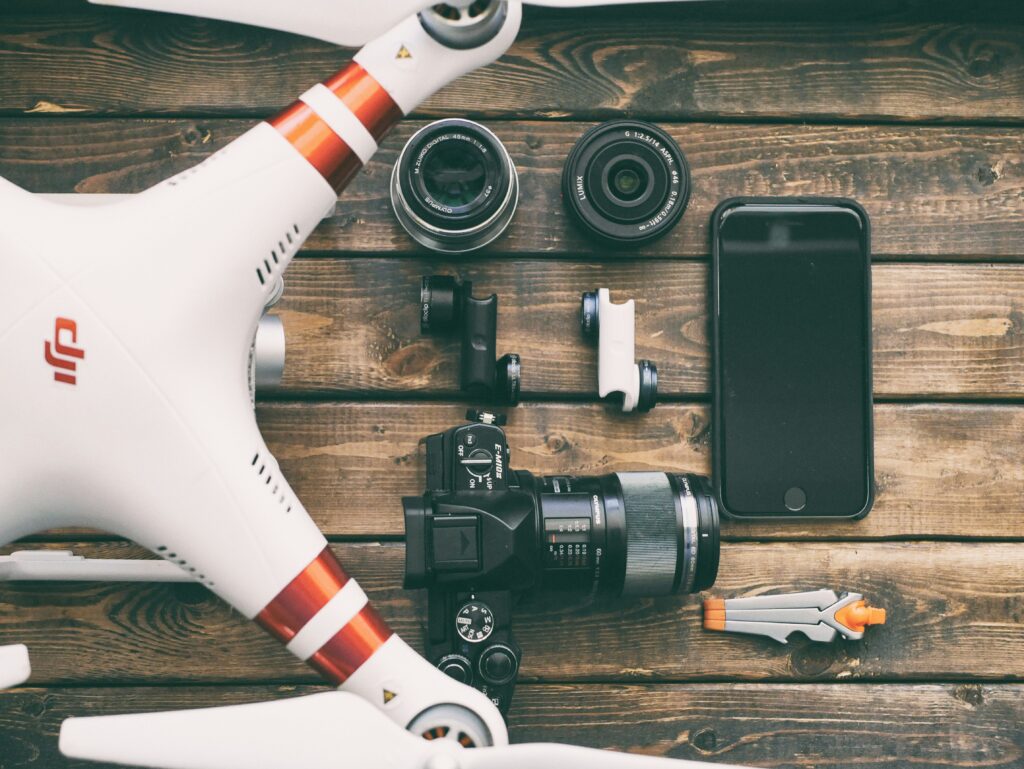Picture this: you’re strolling through a bustling city street, admiring the high-rise buildings and bustling crowds, when suddenly you come across an unexpected sight – a drone delivering a package to a rooftop office building. It may sound like something out of a science fiction movie, but the reality is that drone delivery services are quickly becoming a reality in the world of business.
With the rise of e-commerce and the demand for faster and more convenient delivery options, companies are turning to drones to revolutionize the way goods are transported. Retail giants like Amazon and Walmart are leading the charge, experimenting with drone delivery services to shorten delivery times and reduce costs.
According to a report by PwC, the global drone industry is expected to reach a market value of $127 billion by 2020, with a significant portion of that growth coming from the delivery sector. Stakeholders are optimistic about the potential of drone delivery, with Amazon CEO Jeff Bezos stating, “I’m hopeful that we can deliver packages to customers in 30 minutes or less in the near future.”
While drone delivery presents exciting opportunities for businesses and consumers alike, there are also challenges to be addressed, such as regulatory issues and concerns about privacy and safety. As the technology continues to evolve, it’s clear that drone delivery is poised to disrupt the traditional logistics industry and change the way we think about the future of transportation.



